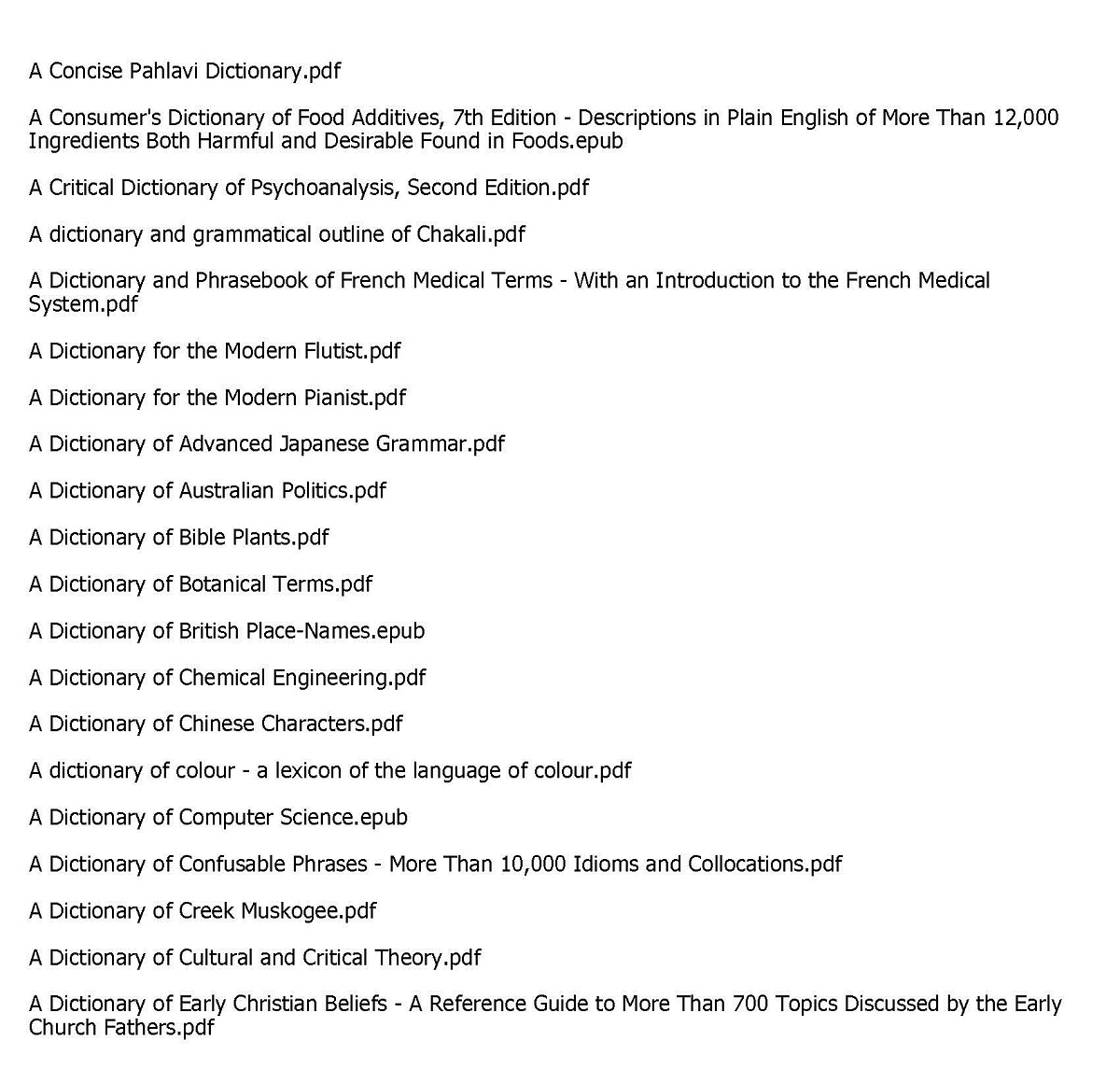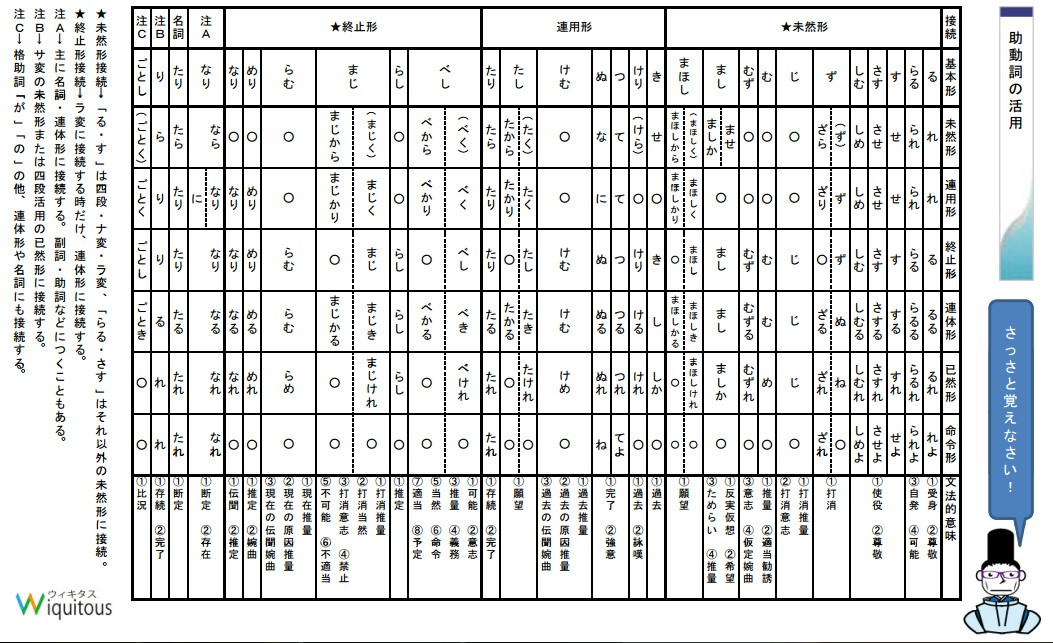

V always becomes B as in BEE, BWEE or BUI, listed under B. In words like CARD the hard R is dropped and replaced by a corresponding vowel sound akin to British phonetics, becoming the Japanglish KAHd (KĀDO \ カード *note the vowel sound (O) attached to the end consonant (DO) as previously noted), BIRD becomes BAHd (BĀDO \ バード ), WORD becomes WAHd (WĀDO \ ワード *note the pronunciation adhering to phonetics instead of spelling: both "ir" and "or" become AH), and "form" becomes FOHm (FŌMU \ フォーム *note the inconsistency of replacement sounds: in this case "or" becomes OH).Īlthough there is no Japanese equivalent to the English L, Japanese people often inexplicably pronounce R with a nuanced L sound Tokyo's Roppongi neighborhood, for example, often becomes Loppongi. The North American hard R sound is nonexistent in Japanese. R replaces the English L sound, but takes on the soft D sound of Latin phonetics. JIN).į is pronounced with less teeth-to-lip contact often sounding closer to an H sound. C only appears with H to form the Japanese CHI sound (Katakana チ \ Hiragana ち) as in CHEEse or the variants CHE ( CHEck) and CHO ( CHOcolate). The replacement pronunciation turns "seat" into the Japanglish SHEET (SHĪTO \ シート) or "seal" into the Japanglish SHEEL (SHĪRU \ シール) *note the partner vowel sound attached to the end, changing the words to shīTO and shīRU, as discussed above).Ĭ is nonexistent on its own. The L - R switch noted above is perhaps the most well known example. Another is the S sound when preceding a double EE sound (the Japanese "i" vowel sound). Replacement pronunciations for those sounds result in unusual transliterations. The R ending of "beer", therefore, becomes RU, resulting in the Japanglish word bee-RU. Ĭertain English sounds do not exist in the Japanese language. R, for example, is always RA, RI, RU, RE or RO. Japanese consonants are always followed by a partner vowel sound. With the exception of words ending in N, words which in English would end in a consonant have an additional vowel sound attached. U always ū (or double oo) as in SOON never as ŭ in SUN. O always ō (oh) as in NO never as the ŏ in NOT. I always ē (or double ee) as in TEEN never as the ĭ in SIN or ī in TIME. Romaji vowels shown with a macron (-) above them ( Ā ā Ē ē Ī ī Ō ō Ū ū ) indicate an extension of the vowel sound.Ī always ä (ah) as in HOT never as ă in HAT or ā in HATE.Į always ĕ as in TEN never as ē (or double ee) in TEEN. Therefore the Japanglish for ICE CREAM, for example, would be not be found under "I" but instead under A, as the Romaji transliteration places it as AISU KURĪMU.

Entries listed as follows: Japanese Romaji CAPITALISED \ English word bolded \ Japanese Katakana カタカナįollowed by the definition and/or notes. * Transliterations correspond to Japanese phonetics the Japanese accent.Īs this is a source for people searching for JAPANGLISH translations, entries are listed in alphabetic order according to their Japanese Romaji (Romanized) spelling.


 0 kommentar(er)
0 kommentar(er)
